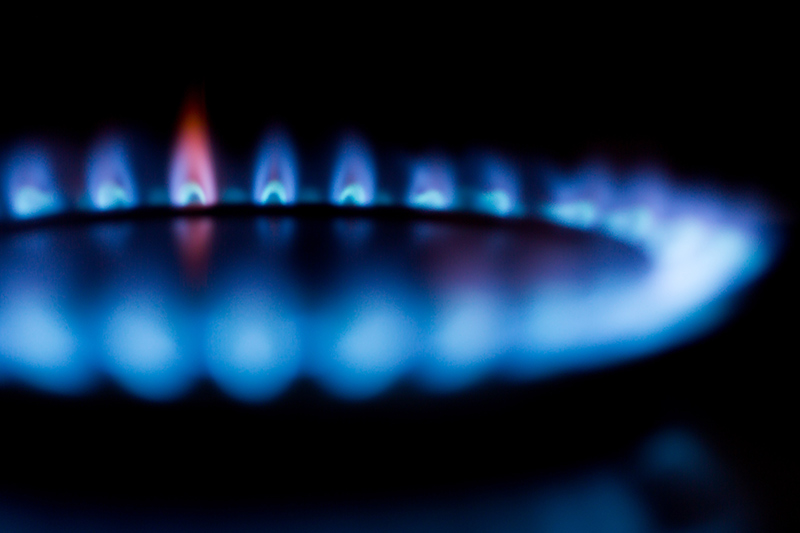Gas vs. Electric Stove tops: Which is Better?
 When choosing a new stovetop, homeowners in today’s market are faced with lots of options and features. While some home cooks care more about precision, others value safety and ease of use above all else. Ultimately, the decision boils down to what kind of heating source the unit will use: electric or gas. Read on for tips on the differences between electric and gas stovetops, from St. Louis and Kansas City stovetop repair experts Diamond Appliance. .
When choosing a new stovetop, homeowners in today’s market are faced with lots of options and features. While some home cooks care more about precision, others value safety and ease of use above all else. Ultimately, the decision boils down to what kind of heating source the unit will use: electric or gas. Read on for tips on the differences between electric and gas stovetops, from St. Louis and Kansas City stovetop repair experts Diamond Appliance. .
Difference #1: Power Supply
In terms of complexity, supplying power to an electric stovetop is almost always an easier and more straightforward process than supplying power to a gas stove top. Gas stovetops will require electricity for basic on/off and display functions, but they also require a gas line for heating. Whether it is a refillable gas tank on the property or a municipal gas line leading to the home, the increased number of working parts involved means more maintenance and attention over time compared to electric stovetops.
In more remote parts of the country, gas lines may not be available and on-site tanks may be prohibitively expensive to maintain. Here, going electric is a given, as electricity is vastly more accessible compared to gas.
Difference #2: Operating Costs
Purchasing any new appliance comes with a consideration of the upfront costs and ongoing appliance repair and maintenance costs. In this regard, electric stovetops tend to have a slightly higher sticker price. Although utility charges vary by location and other economic factors, on average natural gas is cheaper than electricity. However, buyers need to consider just how efficient these two different types of stovetops are when it comes to energy usage.
Approximately 70 percent of energy produced on an electric stovetop is transferred to food, compared to only 40 percent for gas appliances. This means that although gas stovetops use a cheaper energy source, electric options are more efficient. Again, which is ultimately cheaper at any given point in time can vary based on location and other factors.
Difference #3: Temperature Control
Both amateur and professional cooks around the world swear their allegiance to gas stove tops because of their responsiveness to temperature changes while cooking. Gas appliances respond almost instantly, as the flame height and intensity changes as soon as the cook turns the burner knob. In addition, gas appliances can perform certain cooking operations that electric options simply cannot, such as toasting and charring.
Electric stovetops are notoriously slower to respond to changes in cooking temperature. This lower responsiveness can be particularly frustrating when trying to lower the temperature or turn off a burner because the cooking surface remains hot for a prolonged period of time.
DIfference #4: Safety
In general, electric stovetops are considered safer than gas appliances. The main reason is that gas stovetops use an adjustable open flame that is more susceptible to igniting nearby flammable components such as a stray paper towel or rag. While electric models do not completely eliminate this risk, they are still a safer option by comparison.
Gas appliances are also susceptible to gas leaks both from the supply line and the burners on the unit. Homes that use gas appliances of any kind should also contain working carbon monoxide detectors to ensure leaks are detected quickly. Ensuring all knobs are turned completely off after each use is the single best preventative measure homeowners can take against gas leaks.
Difference #5: Ease of Cleaning
Older models of electric stovetops use coils that are arguably as easy to clean as the burners and grates of gas stovetops. However, in recent years smooth glass and ceramic cooktops have become available on electric models. When cooled, these smooth cooktops allow users to easily clean the cooking surface with a damp cloth and a vinegar/baking soda mixture.
Choosing between gas and electric stovetops requires consideration of a number of factors. For the cooking enthusiast, gas options are likely to be preferred, even if they are not as energy efficient as their electric counterpart. For homeowners who value safety and easy cleaning, electric stovetop options may better suit their needs.
Whether you have a gas or electric cooktop, Diamond Appliance of St. Louis and Kansas City is the cooktop repair expert you need when things go south. We proudly provide repair service on major brands, including Whirlpool stovetop repair, KitchenAid stovetop repair, GE stovetop repair, and more.




